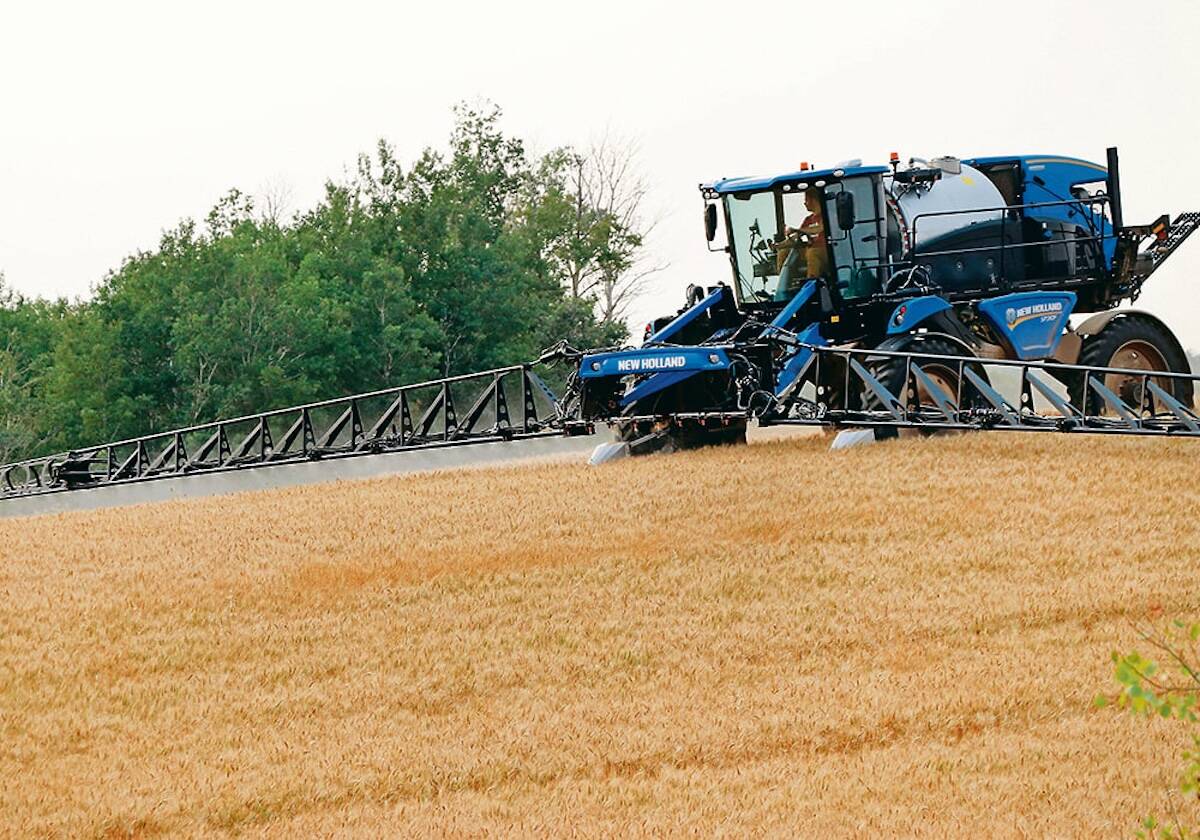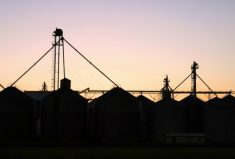The plates served up to reporters attending a World Refugee Day event hosted by Canadian Foodgrains Bank June 20 were symbolic of rations for refugees displaced from their homes by war — red beans and rice.
Three days later, the industrialized world was trying to swallow a heaping plate of Brexit — also symbolic — of people who feel marginalized or displaced due to globalization.
The two events were separate, but linked both by history and circumstance.
The formation of the European Union and the UN Convention on Refugees date back to the early 1950s when postwar Europe sought to forge economic ties so tight that future infighting would be impossible. Around the same time, world leaders offered official recognition to refugees displaced by war, again, aimed at helping people displaced by the Second World War.
Read Also

Farming still has digital walls to scale
Canadian farms still face the same obstacles to adopting digital agriculture technology, despite the years industry and policy makers have had to break them down.
Today, the United Nations says there are about 65 million people worldwide displaced by war — the highest numbers since the Second World War. Millions fleeing conflicts in Syria and elsewhere have made their way to Europe seeking asylum.
Helping displaced people is a huge drain on resources. As one example, statistics released by the Canadian Foodgrains Bank show 41 per cent of its response to world hunger last year was assistance to refugees.
Some say the breakup between Britain and the EU was predictable.
“It is not unfair to ask if Britain has not been “leaving” Europe in slow motion all along,” write Michael J. Geary a Global Fellow at the Woodrow Wilson International Center for Scholars in Washington, D.C., and foreign policy blogger Kevin A. Lees in a commentary. They cite a long list of political decisions, ranging from Britain’s refusal to embrace the euro to opting out of a joint foreign policy.
They also point out that Britain is now in the awkward position of having to negotiate trade access to its largest market while having no say in how EU trade policy is set.
But as much as British politicians have been “reluctant Europeans” from the start, the decision to leave was made by the electorate, not the elected.
British citizens, albeit narrowly, decided they have had enough of national governments passing the buck on accountability to them.
Among the host of reasons why Britons voted to leave the European Union is their growing sense of unease with the seemingly uncontrollable influx of newcomers.
Wikipedia says about 70 per cent of Britain’s population increase between 2001 and 2011 was due to foreign-born immigration. Immigrants make up 12 per cent of its population. By comparison, nearly 21 per cent of Canada’s population was born abroad. However, our population density is 71 times less than Britain’s.
Feeling crowded is no justification for xenophobia in the U.K., or for that matter, anywhere else. But strangers who are visibly different make an easy target for those who feel threatened in the face of profound changes destabilizing their social and economic norms.
The Brexit vote marks yet another point in history when democracy has asserted itself in a way that creates chaos rather than order. The British vote could lead to dissolution of the U.K., as Scotland revisits its own independent streak, as well as the demise of the EU, which was already on shaky ground. It jeopardizes EU trade negotiations with the U.S. and the Canada-EU Comprehensive Economic and Trade Agreement (CETA). It has thrown commodity and financial markets into turmoil.
But the repercussions run much deeper than the threat to markets and free trade.
One of the root causes of war is hunger. Increasingly, hunger is being linked to environmental crises. Many of the ongoing conflicts in the world today are rooted in competition for resources made scarce by drought.
In the face of global warming, those pressures are unlikely to subside.
There is also a recognition that many of the people who voted in favour of leaving the European Union saw the referendum as a proxy for how they’ve been sidelined by the forces of globalization.
There is no question globalization drives economic growth. The issue arises over how that wealth gets shared. National governments have gradually withdrawn commitments to protecting jobs and security of their people and the marketplace has not filled the gap.
The Brexit referendum is just one manifestation of the fallout. The Donald Trump phenomenon is another.
In short, there are a lot of disenfranchised, displaced and increasingly angry people out there.
World leaders need to wake up to the fact that social inequality is a key threat to future economic growth and political stability.



















